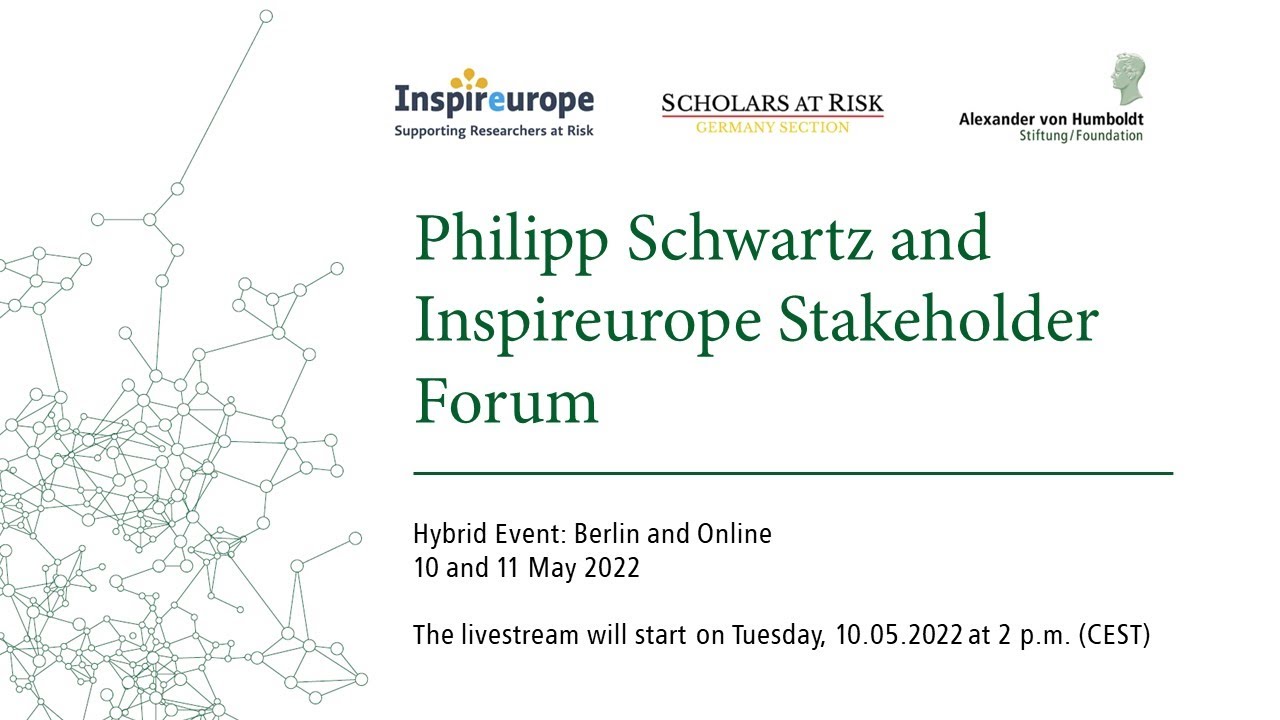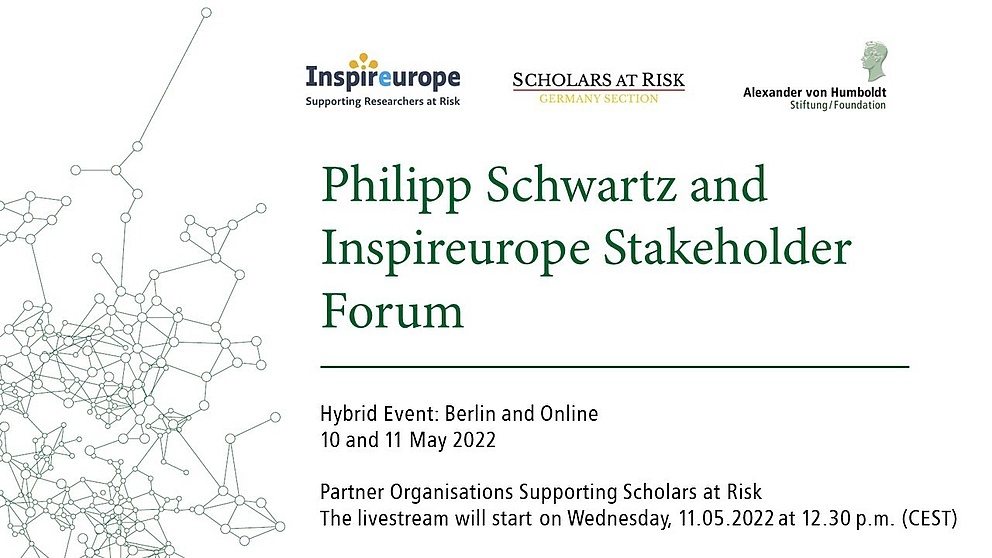
Kontakt
Presse, Kommunikation und Marketing
Tel.: +49 228 833-144
Fax: +49 228 833-441
presse[at]avh.de
In recent months, thousands of researchers from Ukraine have left their country and have sought refuge at European research institutes. Russia’s war against Ukraine has demonstrated once again the role that scientific freedom and the protection of threatened and displaced researchers play in the life and future of society and nations, a subject that the President of Poland’s Academy of Sciences, Jerzy Duszyński, talked about using the example of Ukraine and Belarus in his keynote address at the opening of the conference. Poland’s scientific community is making an enormous contribution to taking in researchers from Ukraine and Belarus.
Do we need new criteria for assessing scientific performance?
In addition to Ukraine, the conference also directed attention to the situation of Afghan scholars and scientists. The special achievements and contributions of researchers who have fled their countries has been another area of focus during the conference. These individuals enrich the scientific communities that take them in because they offer other ways of viewing and approaching scientific questions and bring knowledge from their home countries with them. However, due to discrimination and/or a lack of access to the publication system, researchers who are persecuted often have a hard time producing the number and type of publications that are used as a yardstick in the Global North for measuring scientific achievement. During the panel discussion on Assessment of Scholarly Achievement at the Intersection of Diversity and Risk, the conference presented and discussed alternative assessment criteria that could potentially provide a solution to this challenge.
The second day of the conference featured workshops that revolved around practical questions: How can researchers who are at risk or have fled their country best develop prospects in the science system? What can be done to facilitate the transition from their first sponsorship to the next phase?
Katja Keul, Minister of State in Germany’s Federal Foreign Office, opened the conference
Some 250 participants attended the event. They included individuals who are being sponsored by the Philipp Schwartz Initiative or similar protection and funding programmes in other countries, supporters and initiators of the funding and protection programmes of the InSPIREurope alliance, mentors and hosts at universities and research institutes, plus interested parties from the science community, the political sector and civil society.
The conference has been jointly organised by the Alexander von Humboldt Foundation with its Philipp Schwartz Initiative together with InSPIREurope. Ten European institutions including the Philipp Schwartz Initiative are working together in the InSPIREurope initiative to coordinate and expand their work to protect and support at-risk researchers in Europe
Interested journalists are requested to contact presse[at]avh.de for accreditation. We will be glad to arrange interviews. Most recently, approximately 40 female researchers from Ukraine could be sponsored with the help of an emergency fund. Part of the conference will be open to the public and can be followed on YouTube.
(Press release 14/2022)
Every year, the Alexander von Humboldt Foundation enables more than 2,000 researchers from all over the world to spend time conducting research in Germany. The Foundation maintains an interdisciplinary network of well over 30,000 Humboldtians in more than 140 countries around the world – including 57 Nobel Prize winners.


